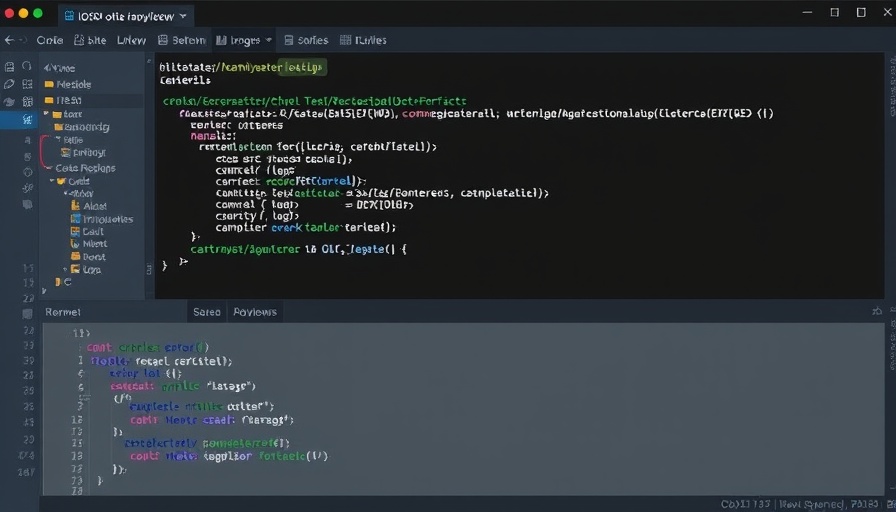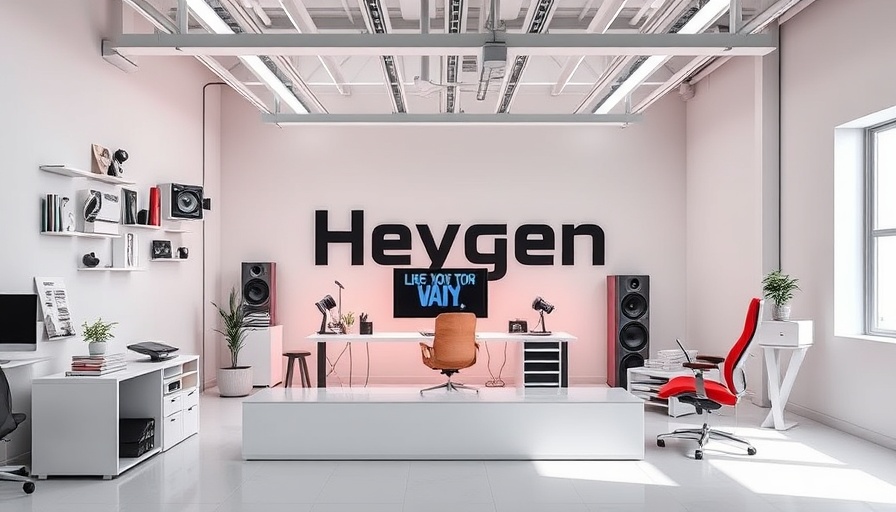
The Future of Hiring: How AI is Reshaping Coding Interviews
The hiring landscape is rapidly evolving, particularly in technical recruitment, where efficiency and effectiveness are key. Enter Hyring, a forward-thinking platform that introduces an AI-driven approach to conducting coding interviews. This innovative technology aims to eliminate manual tech rounds, streamline the evaluation process, and create a bias-free environment for both recruiters and candidates.
What is Hyring's Coding Interview Module?
Hyring's Coding Interviews module integrates seamlessly with its AI-powered interviewer. This smart system records candidate responses during video interviews, flags potential cheating by monitoring behavior, and generates detailed reports that encompass coding skills assessments. The tool evaluates not just coding ability but also critical problem-solving skills, optimization techniques, and overall code quality. As a result, this advancement presents a significant reduction in time spent by recruiters on tech rounds, allowing them to focus on more strategic aspects of hiring.
Benefits of AI-Powered Interviews: Speed and Accuracy
Implementing AI in the hiring process enhances speed and accuracy tremendously. Hyring boasts that its AI agents can facilitate interviews 100 times faster, providing a depth of analysis that manual evaluations struggle to achieve. This is particularly vital in today’s job market, where technical roles are in high demand and companies are racing against time to secure top talent. By leveraging AI, organizations can better assess the fine nuances of a candidate's programming skills, thus ensuring they bring the best technical talent on board.
Creating an Equitable Hiring Environment
Bias in hiring is an ongoing issue, especially in tech fields. Traditional interview methods often introduce unconscious biases that can affect recruitment outcomes. Hyring's approach mitigates this risk by using standardized evaluations across all candidates, thereby leveling the playing field for individuals from diverse backgrounds. This not only supports diversity in tech but also enriches teams with varied perspectives and problem-solving approaches.
Counterarguments: The Human Element in Hiring
While the advantages of AI in interviews are compelling, critics argue that relying solely on technology may overlook the importance of interpersonal skills and cultural fit, which are often best assessed in person. Narrowing the hiring process solely through automated evaluations could lead to candidates missing out who might excel in team dynamics yet struggle on a coding test. A balanced approach—leveraging AI for preliminary assessments, supplemented by human interviews—may present the most effective hiring strategy. This combination ensures that organizations do not miss out on valuable candidates who possess essential soft skills.
Real-World Applications and Success Stories
Many companies have already begun adopting AI to enhance their recruitment processes and report overwhelmingly positive results. For instance, tech giants employing similar systems have noted a dramatic decrease in the time-to-hire metric and increased candidate satisfaction due to streamlined and fair processes. Firms leveraging Hyring can expect similar results, as demonstrated by numerous positive testimonials highlighting the ease of use and time savings inherent to the platform.
Conclusion: Adopting AI in Recruitment
The integration of AI in hiring processes, particularly through platforms like Hyring, represents a significant step forward in modern recruitment. As companies strive for speed, efficiency, and fairness in hiring, embracing these technologies becomes increasingly essential. Adopting innovative solutions such as Hyring can empower recruiters to attract the right talent while minimizing bias and inefficiency in their processes.
 Add Row
Add Row  Add
Add 




 Add Row
Add Row  Add
Add 

Write A Comment